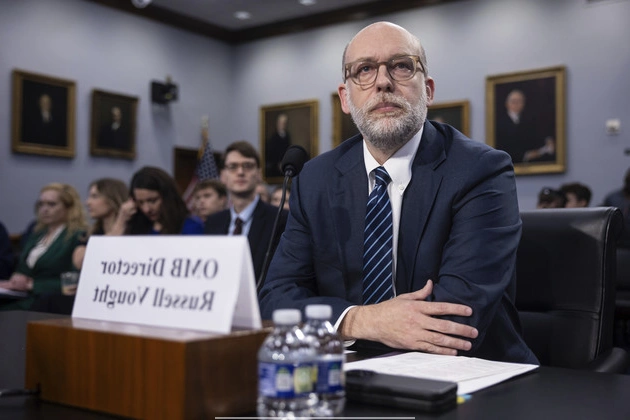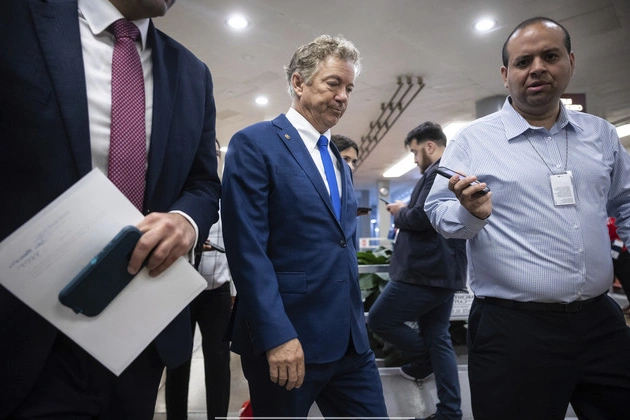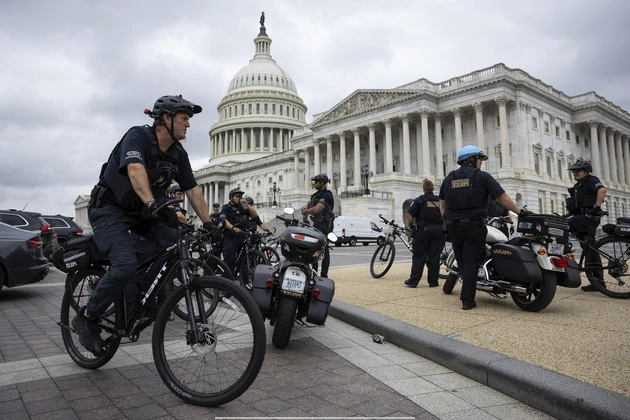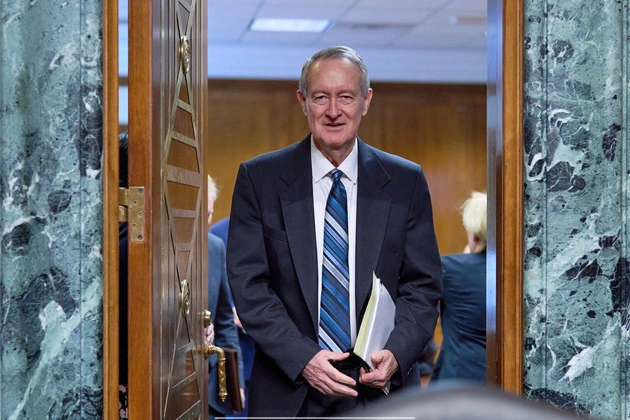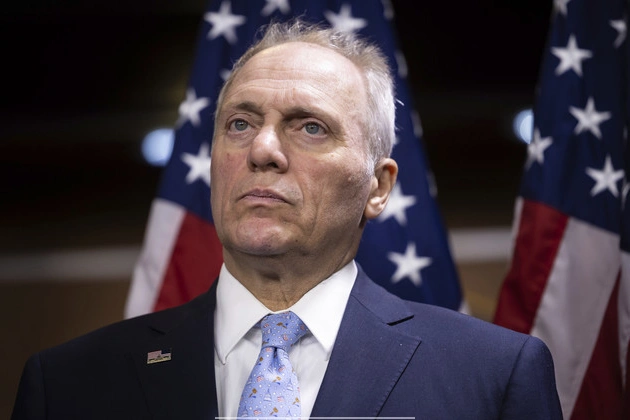
In the realm of politics, the issue of aging officials battling health challenges has long been a fixture. However, the recent disclosure surrounding the health struggles of retiring Rep. Kay Granger has reignited a debate within Washington circles, shedding light on a new wave of individuals questioning the practice of concealing politicians’ infirmities.
A report from a conservative activist unveiled the 81-year-old Texas Republican’s battle with dementia and her residence in an assisted-living facility, despite maintaining her position in office. Granger has been absent from congressional voting since July.
The revelation has triggered bipartisan criticism and raised concerns about other elderly lawmakers. Notably, voices from the conservative spectrum, such as Elon Musk suggesting cognitive tests for officials and Rep. Thomas Massie expressing worries about voting members with dementia, have surfaced.
Reflecting on the situation, Rep. Tony Gonzales from Texas emphasized the necessity for Congress members to fulfill their duties and raised the question of suitability for office if unable to perform effectively.
The Granger incident marks a year where age-related frailties have played a significant role in the removal of senior figures in Washington. This scenario sets the stage for a more stringent approach by lawmakers, especially considering the upcoming Congress consisting of individuals exceeding the average U.S. life expectancy.
Addressing the need for change, Rep. Jared Huffman from California stressed the importance of member presence in public exchanges and highlighted the detrimental impact of prolonged absence on democratic processes.
Illustrating a similar struggle, the case of the late Sen. Dianne Feinstein underscored the challenges posed by aging officials. Notable party leaders like Mitch McConnell and Nancy Pelosi have also faced health-related obstacles in their roles.
The dynamics within the political landscape have exhibited some shifts as House Democrats have taken steps to confront aging committee leadership, indicating a willingness to make way for younger successors. In contrast, the Senate has faced challenges in addressing similar issues due to the prolonged tenure of senior members.
Despite the growing concern over the health of elected officials, the lack of momentum in proposing comprehensive solutions reflects the inertia within political circles.
Emphasizing the necessity for transparency, Rep. Ritchie Torres highlighted the obligation to disclose officials’ incapacitation to the public, advocating for openness rather than concealment.
As the next Congress approaches, the delicate balance of power underscores the significance of addressing health-related issues among lawmakers. The recent losses within the current Congress and the challenges faced by Granger signal a pressing need for a reevaluation of the existing norms.
Granger’s journey, from a pioneering figure in Texas politics to her current health struggles, reflects a poignant narrative of a distinguished career overshadowed by deteriorating health conditions. The lack of transparency surrounding her situation serves as a reminder of the complexities in addressing health issues among public officials.
In conclusion, the debate surrounding aging lawmakers and their health challenges calls for a reexamination of existing practices to ensure the effective functioning of democratic institutions and uphold transparency in public service.






